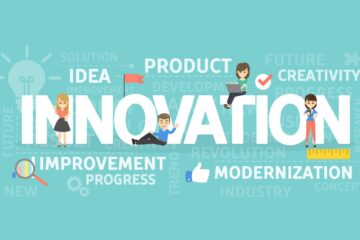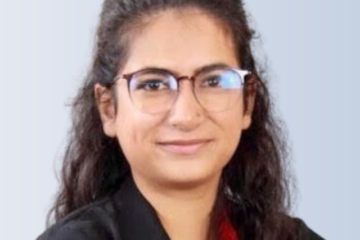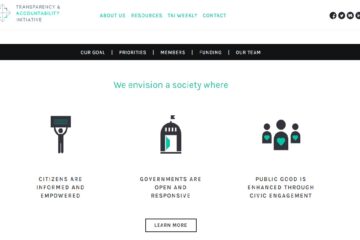Are you a new player in the Monitoring and Evaluation game looking to beef up your understanding of logic models, Theory of Change, and mixed methods? Then read my review of three free resources I have found particularly useful for my own knowledge building.
Monitoring, Evaluation, Accountability and Learning (MEAL)
This is an excellent 8-module (approximately 8 hours in total) online course that is based mainly on short and easy readings and a case study used throughout the course to illustrate different stages of a project implementation focusing on MEAL. As you can see from the title, the course will also discuss what accountability and learning has to do with monitoring and evaluation. Engaging infographics and short quizzes make each module personable and enthralling. They’ll not only introduce you to such concepts as the Theory of Change, Results Framework and Logframe, but will also provide cool templates for download. This is all accompanied by a toolbox and a guidebook that you can access at any time.
The course is run on Kaya, a Massive Open Online Courses platform for the humanitarian sector, and is sponsored by the Humanitarian Leadership Academy, Humentum, and the Catholic Relief Services. By the way, you can take a tutor-guided version of this course on Humentum for a $400 fee. This paid course is taught by the same instructor who designed and taught courses for the American University’s MS in Measurement and Evaluation (a $40,000 program, mind’ya!).
If you loooove studying AND want to go all professional, you can even sit for the Core or Advanced MEAL Certification exam administered by the International Association of Professionals in Humanitarian Assistance and Protection. Just a side note – the exam is not included as part of the course package and needs to be paid for separately.
Final, or P.S., words, even though the course has a humanitarian focus, the way it is taught and the content it presents are very much relevant to any other sector. So, no matter what background you’re coming from, enjoy!
This is a great course 9-lecture course that focuses on methods for impact assessment. It is based on video recordings of an in-person week-long executive workshop that was taught at the Massachusetts Institute of Technology (MIT) by J-PAL. J-PAL is the Abdul Latif Jameel Poverty Action Lab whose co-founders were awarded the Nobel Prize in 2019 for “their experimental approach to alleviating global poverty”. (Wow!)
The course runs on EdX and is taught by the J-PAL staff as well as guest lecturers, including from Harvard University. Since the course is mainly composed of videos, I love watching it while preparing or eating breakfast, for example. (Gotta love multitasking and accomplishing two important things simultaneously!) There are also interesting case studies to read, but, unfortunately, some of them (not all) require access to paid journals.
The course introduces students to impact evaluations, concepts of validity and reliability, and the method of Randomized Control Trials. (All of these were rather new notions for me at the beginning, but the teaching team does a great job explaining them to laypeople like myself, who are not exactly statistics wizards. Don’t let that jargon scare you off!)
J-PAL teaches this and some other courses in-person quite regularly, but this year, as you can imagine, corona has ruined everybody’s game, so, no travel to Cambridge, MA in June. BUT, the excited news is that instead, J-PAL is going to run free Evaluating Social Programs Webinar Series. Reserve time and register to tune in to zoom sessions every day starting from June 8th to June 12th 11:00 AM – 12:30 PM Eastern (Washington, D.C.) Time. See you there!
This is technically not a course, but still a fantastic go-to learning resource, a website that has EVERYTHING evaluation science. Do you need to understand the methods and processes of evaluation? How about evaluation approaches from A to Z (or, rather, from Appreciative Inquiry to Utilization-Focused Evaluation)? It also has a resource library with all kinds of yummy documents, booklets, and guidebooks. Connect with other evaluators by reading their blogs and sharing your own insights and thoughts. Finally, if you are someone who enjoys watching videos while munching on their oatmeal, subscribe to the Better Evaluation youtube channel and view a variety of informative webinars.
Happy M&E muscle building!
Thumbnail photo by Victor Freitas on Unsplash



